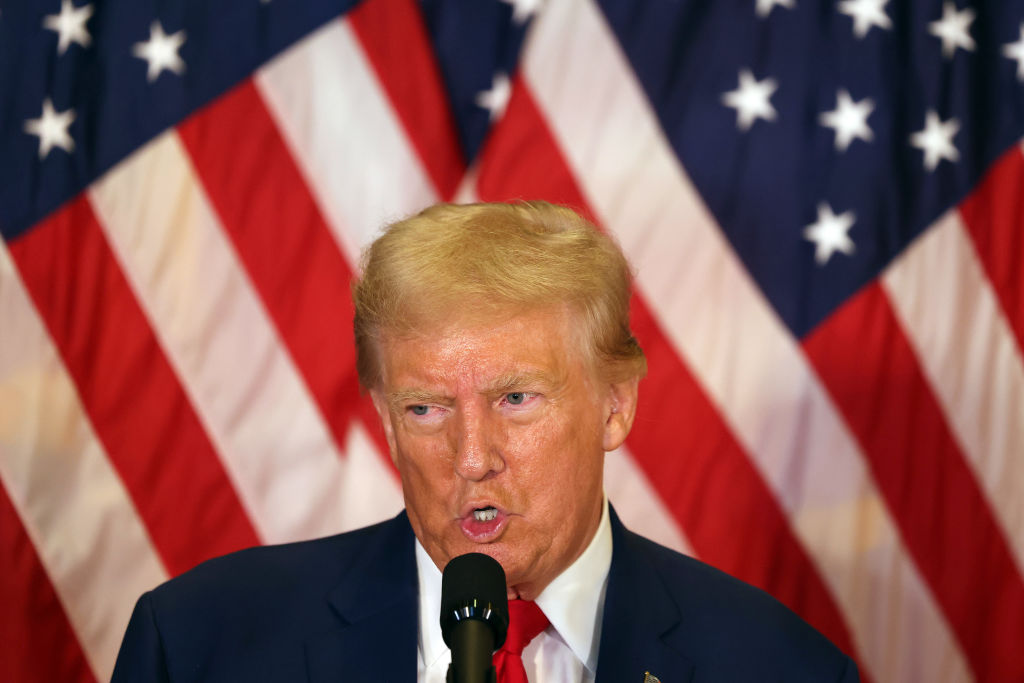The judge overseeing Donald Trump’s hush-money case in Manhattan has postponed sentencing until after the 2024 election, meaning voters won’t know if the former President will face jail time as they head to the polls.
Trump, the Republican nominee, was convicted in May on 34 counts of falsifying business records. In a ruling on Friday, New York supreme court Judge Juan Merchan said that sentencing will now happen on Nov. 26. It had been scheduled for Sept. 18, about seven weeks before Election Day.
[time-brightcove not-tgx=”true”]
Trump’s team had requested the delay, and it was granted without objection from the Manhattan District Attorney’s office. His lawyers argued that a sentencing before the election would unfairly impact voters’ perceptions and, by extension, the outcome of the race. Trump is the first ever former President to be criminally convicted, a situation made more extraordinary by the fact he’s running for the Oval Office again. “This matter is one that stands alone, in a unique place in this Nation’s history,” Merchan wrote.
Merchan acknowledged the political sensitivity of the timing of the sentencing: “Adjourning decision on the motion and sentencing, if such is required, should dispel any suggestion that the Court will have issued any decision or imposed sentence either to give an advantage to, or to create a disadvantage for, any political party and or any candidate for any office.”
The decision to postpone sentencing until after the election comes as the outcome of the trial is also being considered. In requesting the delay, Trump’s lawyers had argued that they would need more time to weigh next steps after Merchan’s expected ruling on their request to overturn the verdict on immunity grounds. Merchan is set to deliver his decision on that request on Sept. 16—just two days before sentencing had been scheduled.
Trump claims that the U.S. Supreme Court’s recent ruling on presidential immunity, which granted broad protection to presidential conduct, could affect his New York state case and may provide grounds to overturn the conviction. However, prosecutors have argued that the Supreme Court’s ruling on presidential immunity had “no bearing” on a state case related to a sex-scandal cover up before he was elected president.
Trump’s conviction in New York stemmed from his involvement in a scheme to cover up a $130,000 payment made to former adult film star Stormy Daniels just before the 2016 presidential election. The payment was made to prevent her from publicly discussing an alleged sexual encounter with Trump. The Manhattan jury found that Trump falsified business records to disguise the nature of the reimbursement, a conviction that carries a potential sentence of up to four years in prison. However, as a first-time offender, Trump could receive a lighter sentence or probation.

